The goal of every state is to survive. Many countries adopt various kinds of strategies to achieve their ends. The strategies are a mix of military, economic and diplomatic ways and means to realise their policy goals. However, in the case of Pakistan, it is the terror groups which carry the burden of achieving Pakistan’s foreign and security policy interests; the most important of such terror groups is Lashkar-e-Tayyaba in this case.
The book, ‘In Their Own Words: Understanding Lashkar-e-Tayyaba’ by Christine Fair helps in understanding the complex network of non-state actors operating from the Pakistani soil by giving out a detailed description of the structure, mission and discourse of Lashkar-e-Tayyaba (LeT), one of the most favoured organisations of Pakistan’s security establishment and ISI in specific.
Over the years, Pakistan has used several proxies to expand its geopolitical interests abroad. Of them, the Lashkar eTayyaba (LeT) is ‘the most lethal and most loyal’ outfit of the Pakistani establishment, argues Fair.
There have been a large number of works that have discussed LeT and different aspects of it. However, most of them have focussed only on the history, operations and support that makes LeT functional. However, some of the essential elements that were missing until now were terror group’s own writings, methods of recruitment and their discourse and role during the non-operational period.
Christine Fair's book has added value to the literature on LeT by precisely addressing this missing element. She highlights four features of LeT that make it most favourable of the security establishment of Pakistan.
The author’s assessment of the organisation are reflection of the mixed-methods analysis (qualitative and quantitative) of LeT’s, study of pamphlets, magazines published by Dar-Al-Andalus and an analysis of biographies of thousand of so called martyrs in collaboration with West Point’s Combating Terrorism Centre.
The Uniqueness of the LeT
There are two unique features of LeT which make it different from the rest of the groups. First, LeT has been a part of the deep state of Pakistan and has never carried out any operation within the state of Pakistan. For LeT, jihad is the fight beyond Pakistan, focussing more on India and Afghanistan. Whereas, other terror groups like ISIS, Al Qaeda, and several other Deobandi groups have carried out attacks within Pakistan.
Secondly, LeT has never attacked the minorities of Pakistan as it does not believe in Takfiri, which means pronouncing all non-Muslims as infidels. LeT’s parental organization Jamaat Ud Dawa has focussed on social and philanthropic activities in order to gain credibility and popularity with masses as also to raise funds. In 2017, it launched a political party of its own called the Milli Muslim League (MML) to contest Pakistan's 2018 general elections. Furthermore, LeT has also been able to maintain organisational coherence with the support of ISI.
Two into One
The LeT was formed in 1987 with the merger of Ahl-e-Hadith militant group under Zakiur Rehman Lakhvi with Jamaat-ud-Dawa established by Hafiz Saeed and Zafar Iqbal.
Fair says there were occasions where intelligence warned the group about impending government actions so that the LeT or its parent organisation Jamaat-ud-Dawa could take counter-measures in advance.
JuD or LeT now have countless family organisations, an extensive network of activists, significant fund-raising capabilities and thousands of recruitment centres. The organisation runs 16 Islamic institutions, and hundreds of schools, ambulance services, mobile clinics, blood banks and seminaries. It remains a threat, primarily to India.
Hafiz Saeed is the Amir of JuD and the de facto head of the LeT. Interestingly, the JuD operates as a hierarchical organisation with a series of departments, which include education; publishing house Dar-Al-Andalus which produces a plethora of Jihadi literature and publishes magazines like Mujalla al- Dawah, Ghazwa, Zarb-e- Tayyaba, Tayyabat, English magazine called Voice of Islam and Invite and Arabic magazine Al- Ribat. Apart from publication, it has run propaganda on media and uses public relations through social welfare programmes.
The first section of the book draws heavily from the author's previous work on the Pakistan army. From chapter four starts the examination of LeTs ideological roots, organisational structure and modus operandi.
LeT Indoctrination and Recruitment Strategies
The JuD uses funds for three purposes: dawah (preaching), khidmat (social services) and jihad-related activities (training, weapons procurement, etc.). Several of the group’s primary training centres are located in Khyber Pakhtunkhwa province, Sindh, Balochistan, Punjab, and Pakistan-administered Kashmir.
A particularly important part of the book is the information gathered from the biographies of the so called martyrs, which provide insights into how these terrorists are indoctrinated jihad and what keeps them loyal to the organisation.
Many of the fighters recruited revealed prior violent tendencies, a jihadi mindset, or were searching for leading meaningful lives towards a higher purpose. Joining organisation seemed to fulfil those goals.
The LeT’s recruiting strategies are not just limited to fighters but their extended families, and, unsurprisingly, display an exploitative angle towards women. Central to all the martyrs’ biographies is the narrative of Kashmir, the suffering of Kashmiris, and the persecution of the Kashmiri masses. These narratives are constructed around an emphasis on the other – in this case, the brutality of Hindus. Of course, these biographies work as perfect propaganda tools.
The group maintains its control over recruits and women by providing stipends and death benefits.
The author makes a clear demarcation about organisation’s theological influence which comes from Ahl-e-Hadess sect, a South Asian Salafist school.
Conclusion
From an Indian perspective, this book allows readers to understand the depth of the LeT's influence in Kashmir. LeT's firmly entrenched relationship with the Pakistani state continues to present a threat to India's national security.
In conjunction with their support to terrorist groups like LeT, this makes Pakistan, an extremely dangerous neighbour of India and an unreliable ally of the United States. Understanding the deep state is necessary for any strategic planning and formulation of counter-terrorism strategies as well. In Their Own Words is a must-read for counter-terrorism scholars, South Asia researchers, and international security experts.

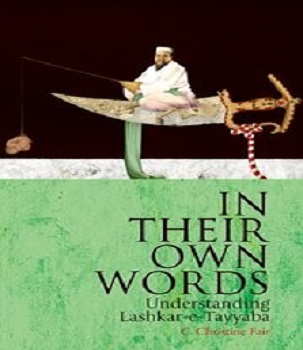


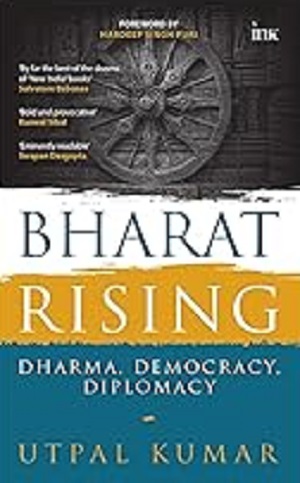
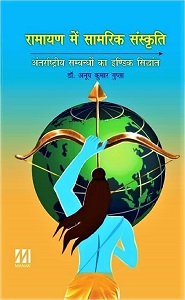

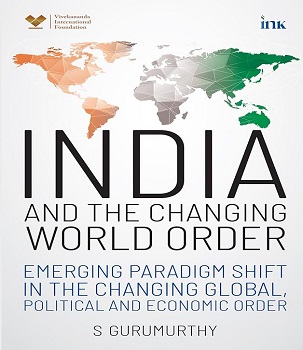
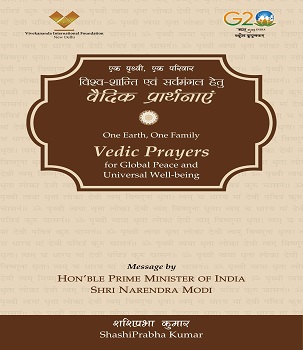
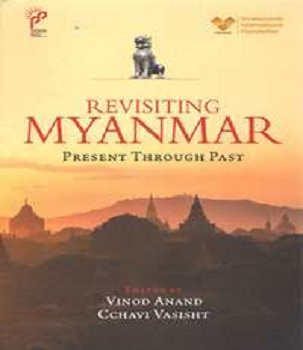
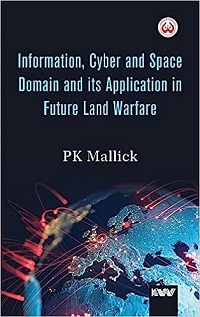
Post new comment